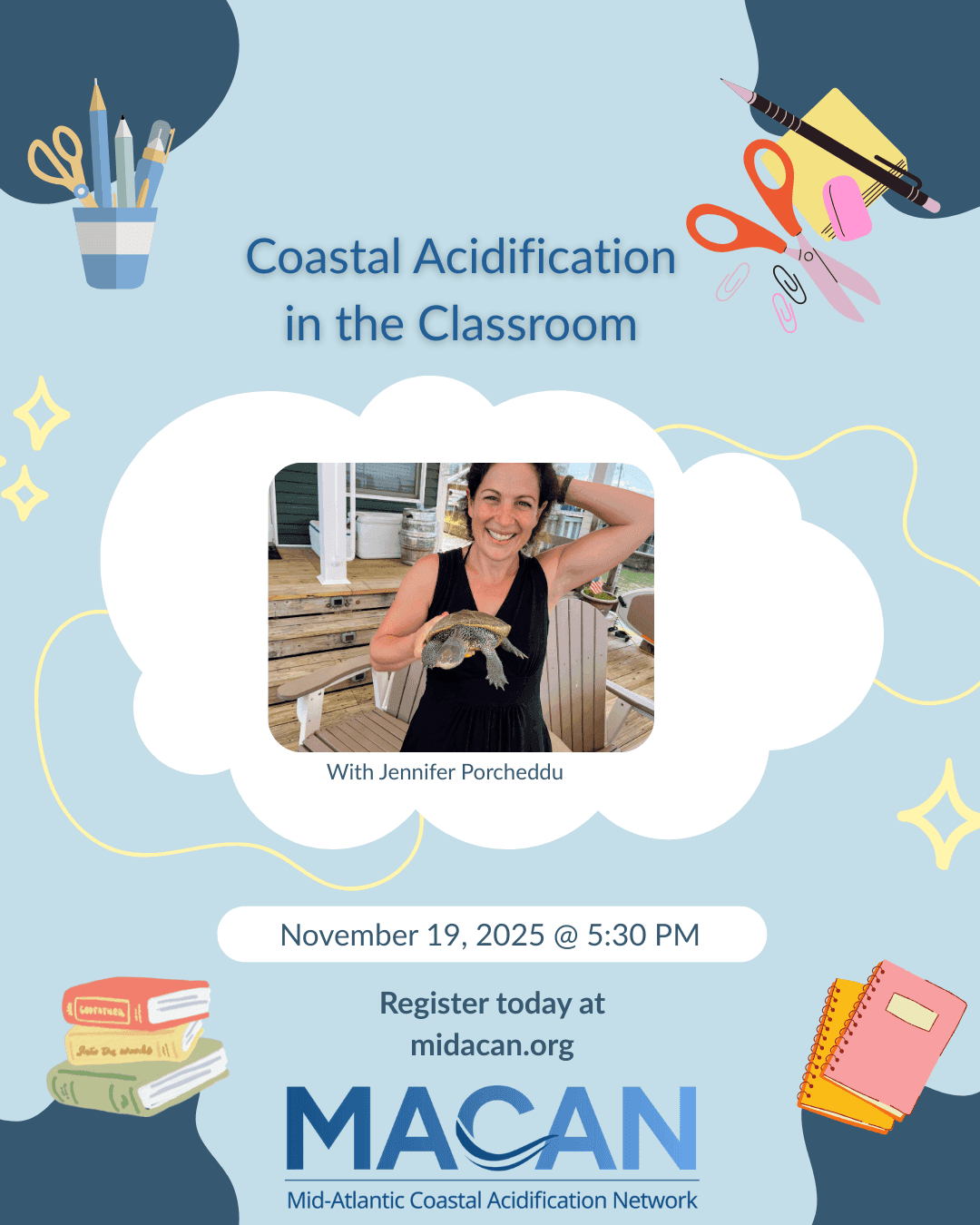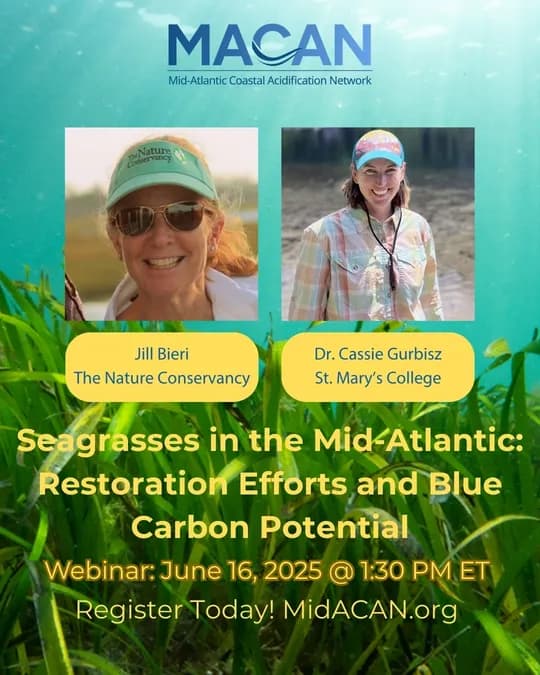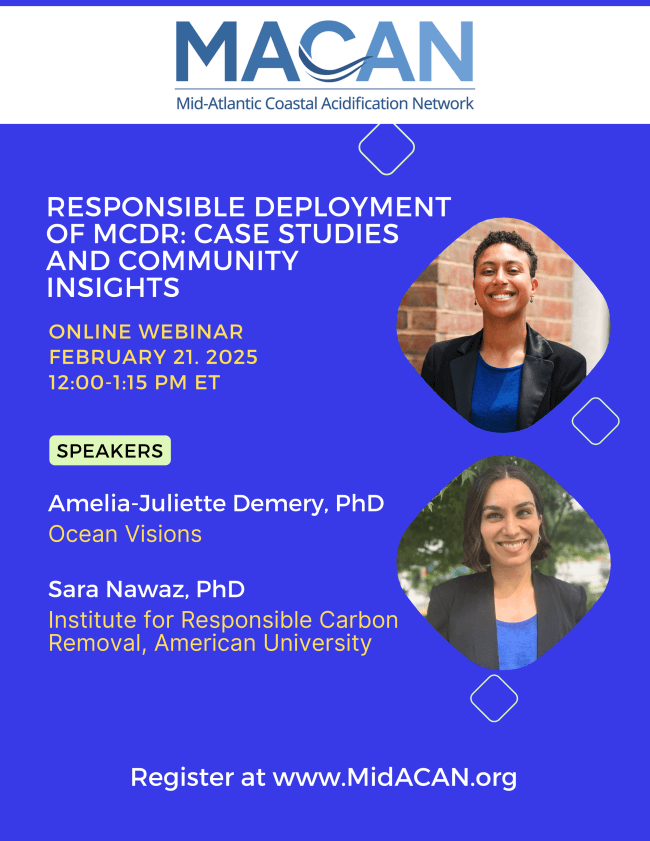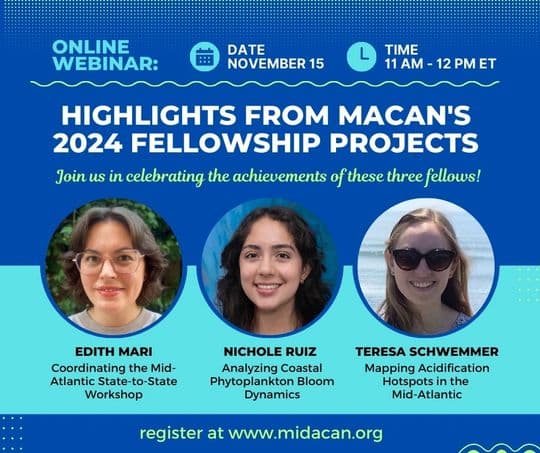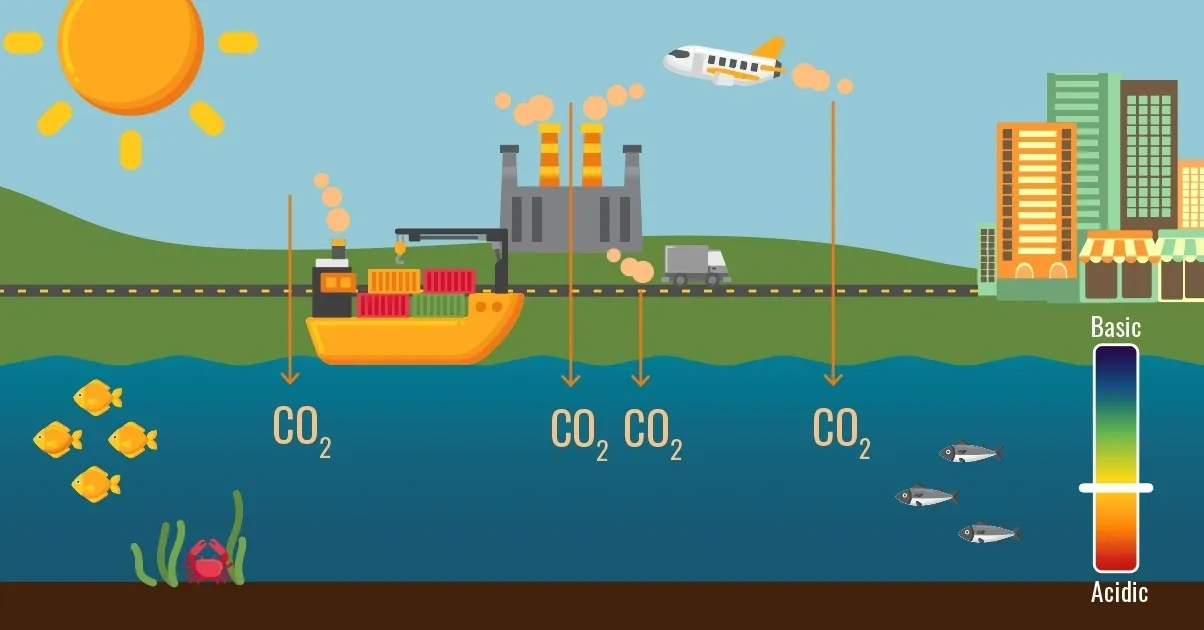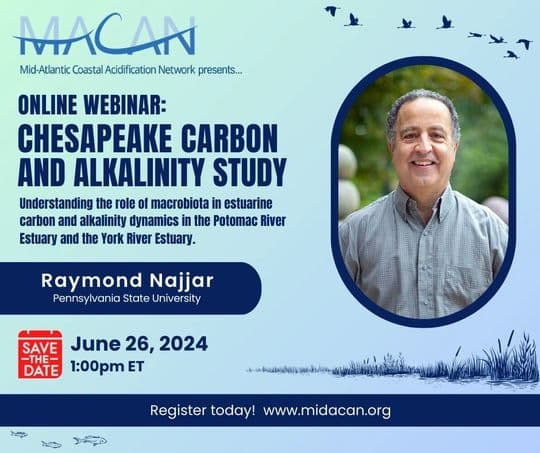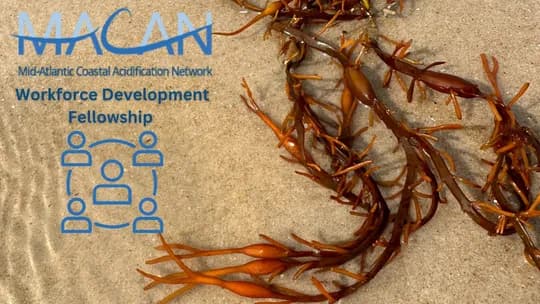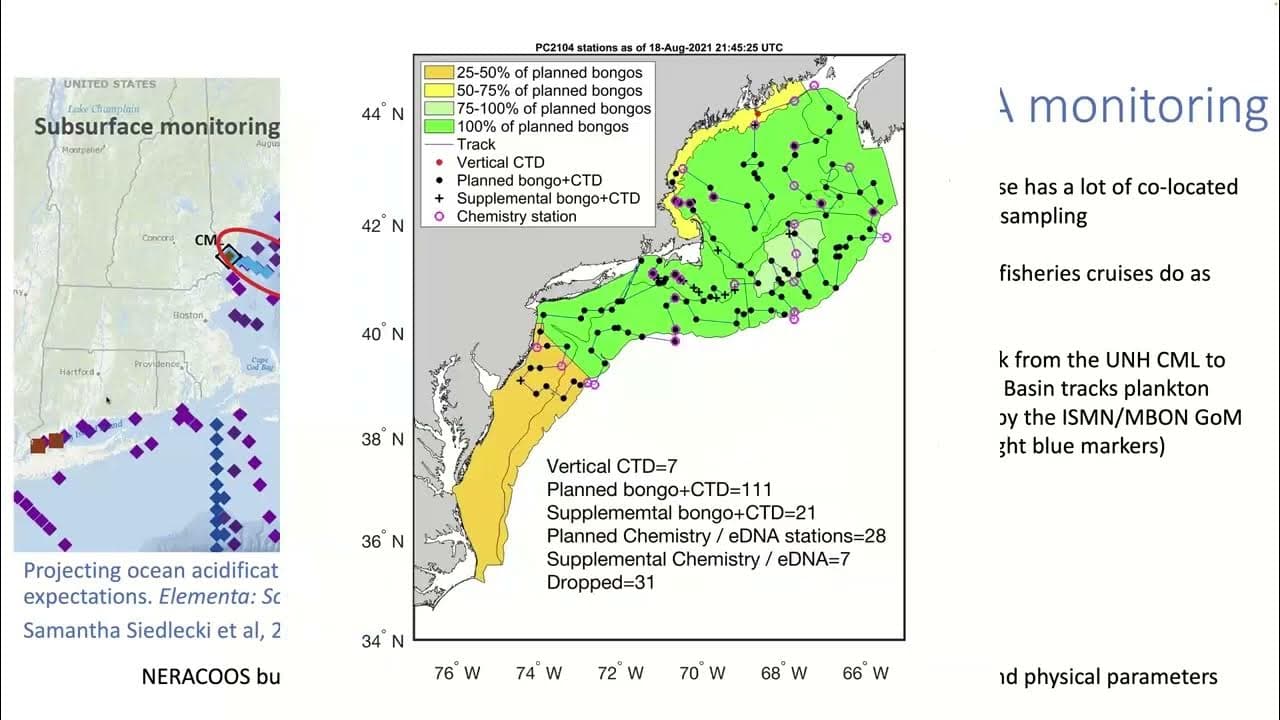tackling the challenges of Coastal and Ocean Acidification in the Mid-Atlantic Region, together.
About Us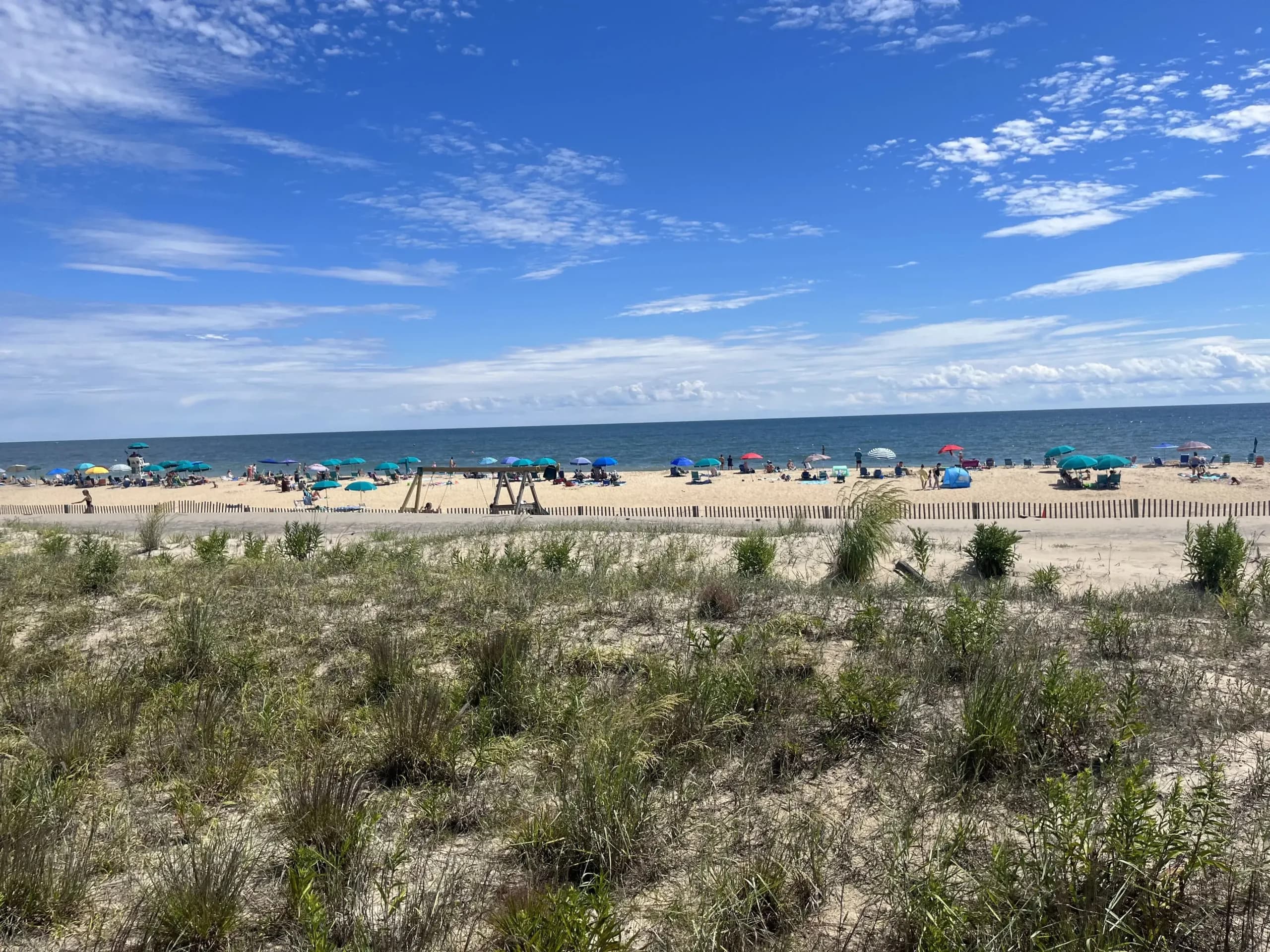
Why Coastal and Ocean Acidification is Important
Coastal and Ocean Acidification (COA) is a pressing environmental concern that affects not just the health of our oceans, but also the livelihoods of millions of people who depend on marine life for food, jobs, and coastal heritage.
What We Do
MACAN aims to enhance our understanding of the processes of estuarine, coastal, and ocean acidification.
Who It Impacts
Our work assists scientists, tribal, federal, and state agency representatives, resource managers, industry partners, and affected communities and industries in the Mid-Atlantic region, to prepare and adapt to the consequences of ocean and coastal acidification.
Why It Matters
Together, we can work towards a future where our oceans are healthy, our fisheries thrive, and our coastal communities are resilient to the impacts of ocean acidification.
We empower our community with the knowledge and tools to address the critical environmental issue of coastal and ocean acidification.
Get Involved
If you are interested in learning more about MACAN and the work we do, please sign up for our monthly newsletter. You can also read our 2024 to 2028 Work Plan.
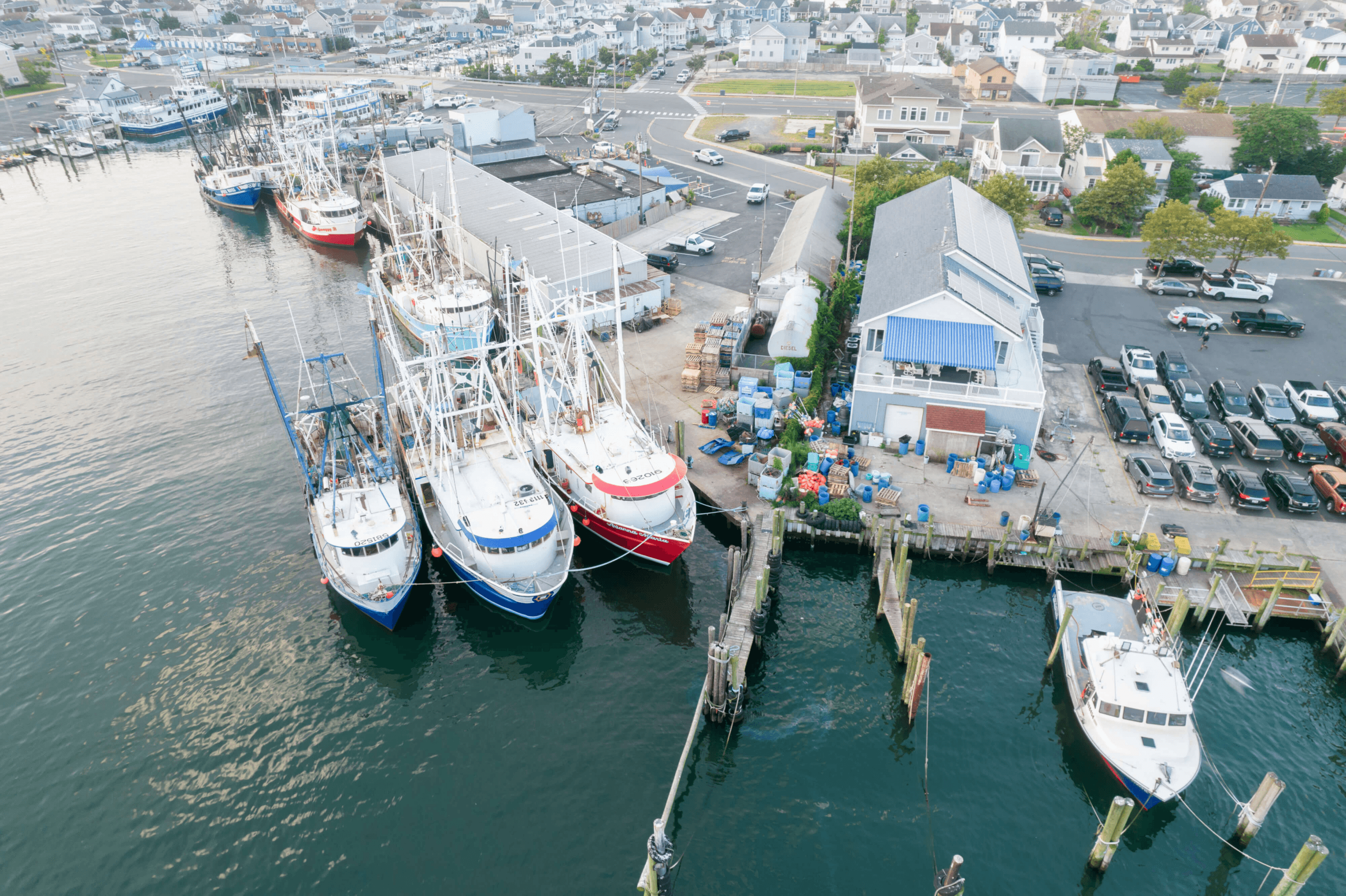
The Mid-Atlantic Coastal Acidification Network. All Rights Reserved.

